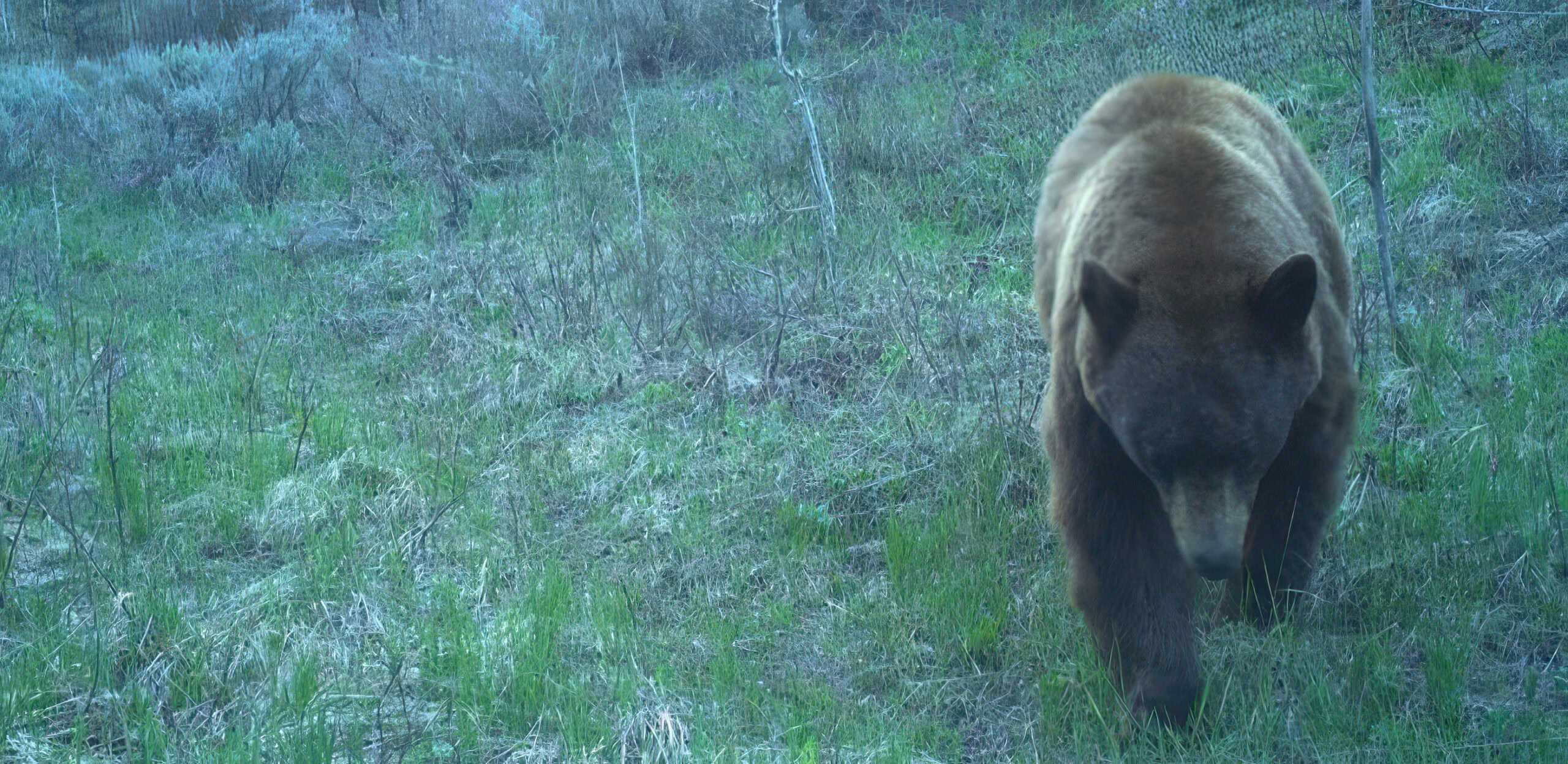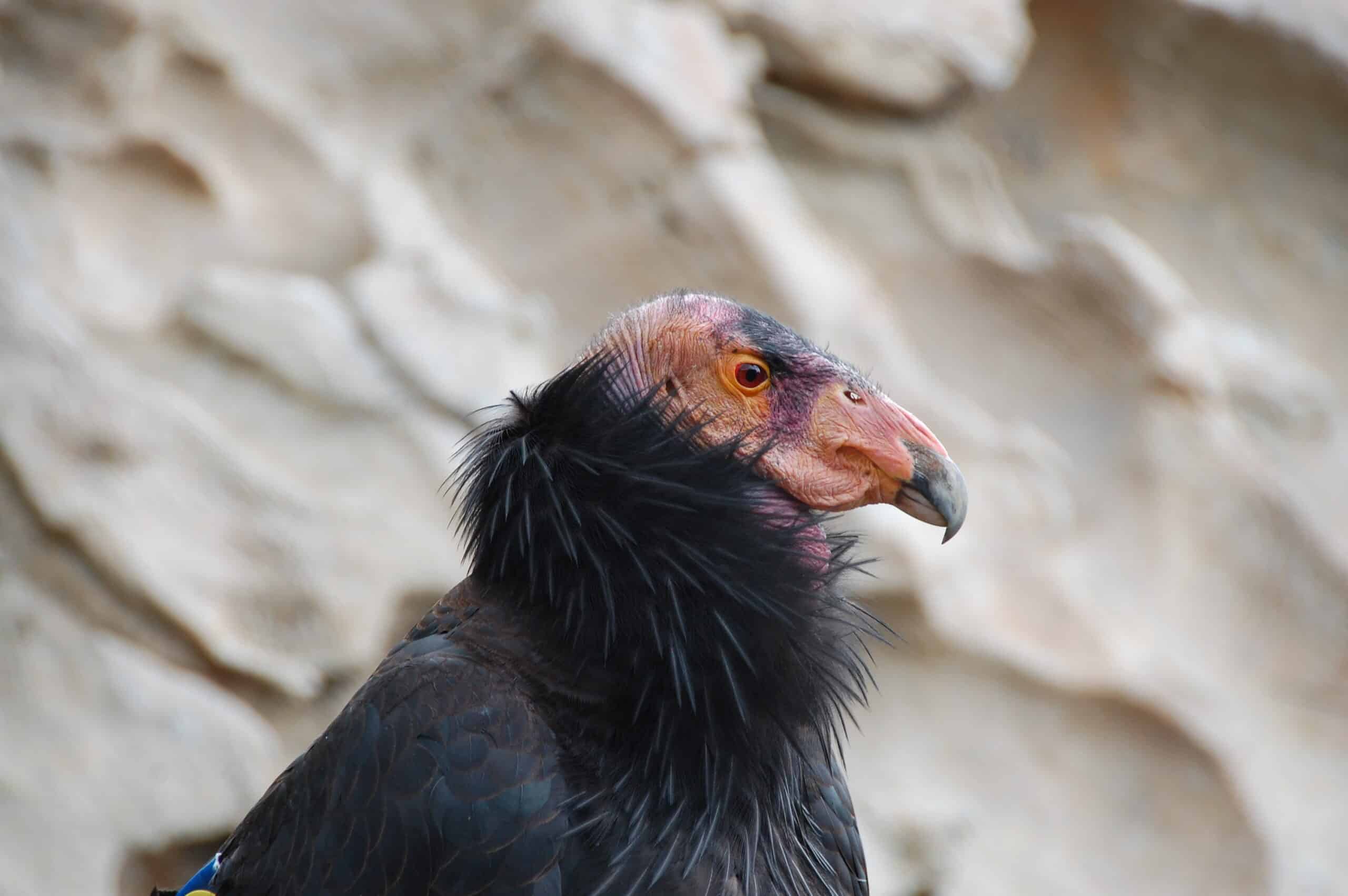Share this article
TWS advises Senate committee considering wildlife funding
Last week, the Senate Environment and Public Works Committee held a hearing examining the funding needed for wildlife conservation, recovery and management. Witnesses spoke about the need for reliable federal funding for wildlife conservation efforts. The hearing covered several pieces of legislation, including the Recovering America’s Wildlife Act (RAWA) and the Modernizing the Pittman-Robertson Fund for Tomorrow’s Needs Act of 2017.
During the hearing, three witnesses provided broad support for enhanced wildlife conservation funding. John Kennedy, deputy director of the Wyoming Game and Fish Department, explained that traditional funding sources fall short of meeting state agencies’ needs. “The new and dedicated funding opportunities addressed in this testimony, such as the Recovering America’s Wildlife Act, are critical to supplement the revenue brought in by hunting and fishing to give states the resources they need to conserve, recover and manage America’s fish and wildlife,” Kennedy said.
Michael McShane, at-large board member for Ducks Unlimited, spoke in favor of reauthorizing the North American Wetlands Conservation Act and Partners for Fish and Wildlife program and passing both the Modernizing the Pittman-Robertson Fund for Tomorrow’s Needs Act of 2017 and RAWA.
Eric Schwaab, former deputy secretary for the Maryland Department of Natural Resources and former assistant administrator for the National Oceanic and Atmospheric Agency, emphasized the need for state-federal cooperation. He called for building upon conservation successes such as the State Wildlife Grants Program and the State Wildlife Action Plans.
TWS’s written testimony to the committee expressed support for a variety of federal programs that currently provide funding for wildlife conservation, such as Migratory Bird Joint Ventures, the National Wildlife Refuge System and USGS Cooperative Fish and Wildlife Research units. The letter also specifically addresses two bills under consideration by the committee: RAWA (S. 3223) and the Modernizing the Pittman-Robertson Fund for Tomorrow’s Needs Act of 2017 (S. 1613).
TWS continued its strong support for RAWA in the testimony, and requested that the Senate committee add dedicated funding to the bill as it moves forward. RAWA would provide up to $1.3 billion a year from energy and mineral revenues for wildlife management and conservation. Through this funding, state agencies could implement conservation efforts outlined in their state wildlife action plans. The House version of the bill (H.R. 4647) provides dedicated funding to state agencies each year.
TWS also supported the Pittman-Robertson modernization bill and outlined changes to the legislation that would further protect wildlife funding. The bill would make several changes to the Pittman-Robertson Wildlife Restoration Act, making hunter and recreational shooter recruitment, retention and reactivation as a purpose of the act and allowing more funds to be used for shooting ranges and public relations.
TWS offered support for the bill but recommended removing language that would permit up to 25 percent of Pittman-Robertson Section 4(b) Wildlife Restoration funds to be used for hunter and shooter marketing, recruitment and shooting range development activities. TWS’ testimony also recommended that language be added that clarifies that “public relations” activities should be limited to state fish and wildlife agency efforts.
While the hearing witnesses and TWS agree on the need for robust, reliable funding for wildlife management and conservation, significant Congressional support will be needed to advance the legislation. Committee chairman Senator John Barrasso, R-Wyo., acknowledged this reality in his comments.
“I support robust funding for wildlife conservation at the state and federal levels,” Barrasso said, “but I believe we must be mindful of where the money is coming from and what other priorities exist for those same resources.”
Header Image: The Florida scrub jay (Aphelocoma coerulescens), a species of greatest conservation need in Florida’s wildlife action plan, would benefit from funding through RAWA. ©USFWS








